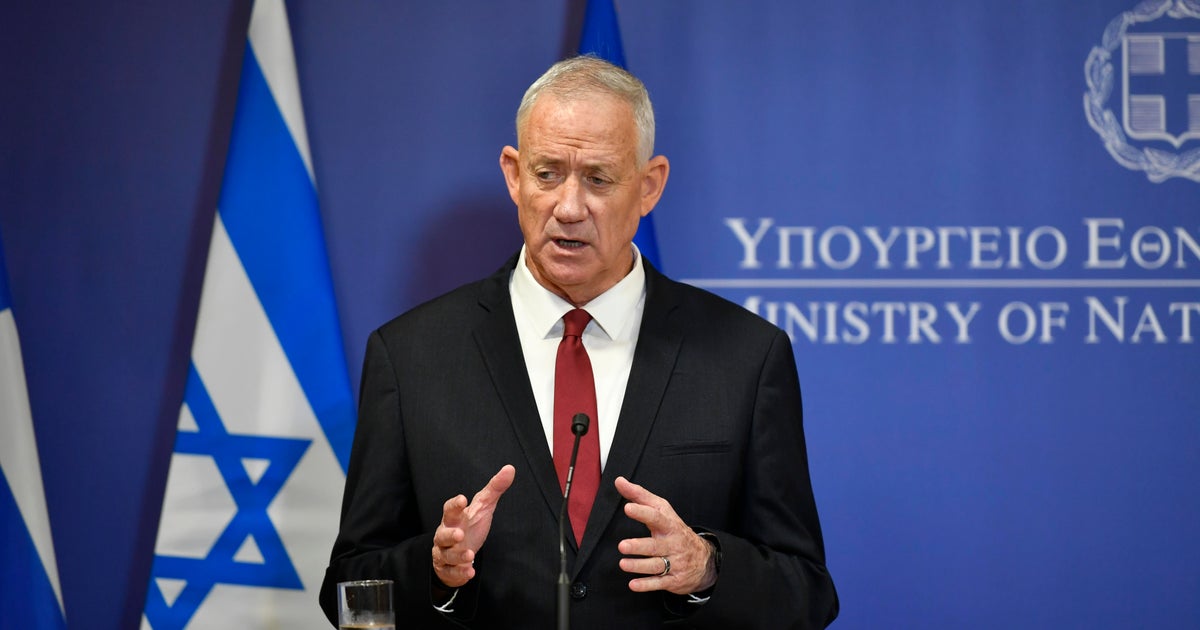Children younger than 10 should be "shielded" from discussions about Israel-Hamas war, psychologist says
Many parents are grappling with how to talk to their children about what they are seeing and hearing as the death toll in the Israel-Hamas war continues to rise following a brutal terror attack on Israel by Hamas.
Jamie Howard, a senior clinical psychologist at the Child Mind Institute, told "CBS Mornings" on Thursday that children under the age of 10 "or so" should be "protected and shielded" from the topic.
"This is too much for their development to make sense of," said Howard.
With kids older than 10, like some elementary-age children, Howard suggests starting with open-ended questions, such as, "What have you been hearing about?" She recommends starting "small" and not delving into "a lot of details" when approaching children about the topic.
"You can say, 'Well, there has been a conflict overseas and there's another war going on. You're safe, and if you hear anything about it, please come talk to me. You can always come talk to me if you feel confused or have questions about it,''' said Howard.
As of Thursday morning, Israel's military said more than 1,200 people, including at least 25 Americans, have been killed in Israel since Hamas launched its surprise assault on Saturday. At least 1,354 people, including at least 326 children, have been killed in Gaza by Israel's retaliatory strikes, the Gaza Ministry of Health said. Thousands more on both sides of the conflict are injured.
When discussing the issue with teenagers, the approach differs. Given their exposure to social media, many teenagers are already aware of events, and are thinking in more complex ways, Howard said. She suggests being more direct with them and asking questions like, "What do you think about what's going on in Israel and between Israel and Hamas? How do you feel about it? Tell me what you guys are talking about."
Disturbing images and videos shared online is a concern for many parents. Howard recommends parents "take off social media for at least a few days to get through this initial phase where there's so much imagery out there."
"When we have human-to-human violence or assault, we know from the trauma research that this is particularly hard for people to make sense of, and to cope with," she said. "It's particularly traumatic. So those images from the initial terrorist attack are really hard for kids."
Howard pointed out that some children might ask challenging questions, such as who is right or wrong in the conflict, and that it's okay for parents to admit if they don't have the answers.
"If you say to your kids, 'Listen, that's a big question that I actually don't know the answer to. But why don't we look into it together? Why don't we gain more knowledge on this topic and come back?'" she said. "Just set a date. And then make sure you do follow up so they trust you."




